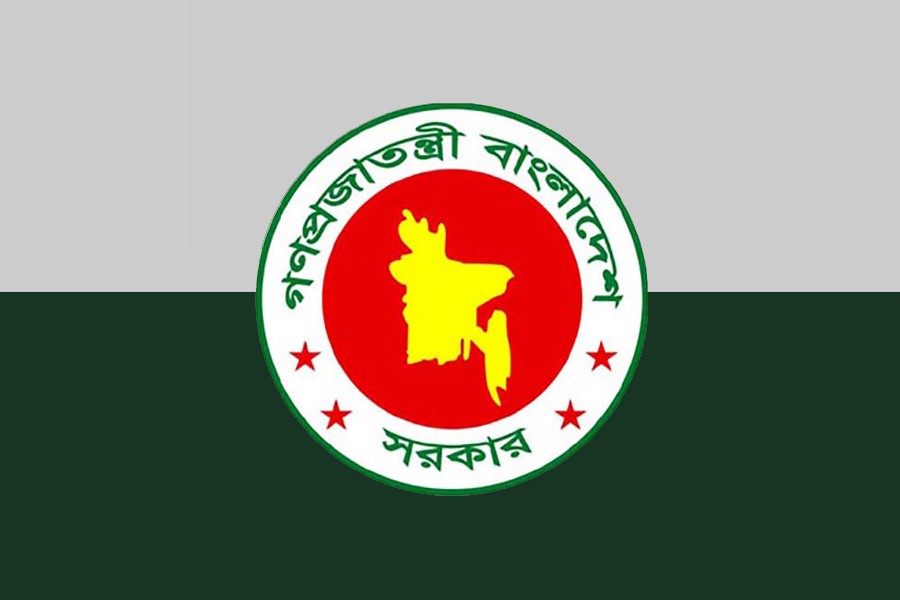The government has further extended the current condensate allocation timeline to the privately-owned petrochemical refineries to June 30.
The Energy and Mineral Resources Division (EMRD) under the Ministry of Power, Energy and Mineral Resources (MPEMR) in a meeting last week extended the timeline.
The meeting also decided to allocate 500 tonnes of additional condensate to Super Petrochemical.
The EMRD earlier extended the condensate allocation timeline to the private sector twice, initially to May 15 and later to May 31.
The government has also planned to formulate a fresh policy to 'rationalise' distribution of condensate to the private petrochemical refineries to appease their grievances over limiting supply.
The EMRD has already started working to prepare a draft of the policy, said a senior official.
"We have increased condensate allocation of Super Petrochemical by cutting allocation of the state-run fractionation plants."
"It is done, as the private refinery is producing light motor spirit (LMS), which is used as fuel in PT-6 training aircrafts," he added.
Condensate is a low-density mixture of hydrocarbon liquids that are present as gaseous components in the raw natural gas produced from natural gas-fields.
The country's privately-owned petrochemical refiners' alliance - the Petrochemical and Refiners Association of Bangladesh (PRAB) - has long been demanding higher allocation of condensate to ensure smooth operation of their factories.
The alliance has been lobbying with the government high-ups to renew the refiners' contracts for getting supply of condensate from the state-run gas-fields for another five years.
The officials concerned said currently some 13 privately-owned refiners are operating across the country.
These refiners are receiving around 5,500 barrels per day (bpd) of condensate in total.
The quantity is around 52 per cent of the country's overall output of around 10,500 bpd from the state-run natural gas-fields.
The remaining condensate is being supplied to some seven state-run refineries or fractionation plants.
A new state-owned fractionation plant is expected to be commissioned at Rashidpur in Sylhet by this month (June).
The state-run Petrobangla earlier suspended supplying condensate to six private refineries in July 2016, as they were found supplying condensate to petrol pumps illegally without refining.
The Petrobangla later resumed supplying condensate to the six firms from June 2017 after slapping several conditions to check their malpractices.
The officials noted that most of the private refineries are producing petrol after refining condensate.
The sharp fall in demand of petrol in the country was the main reason for limiting supply of condensate to the private firms, they added.
Local car and jeep owners now prefer use of octane instead of petrol to keep their engines safe, which prompted the government to take the decision.
The state-run Bangladesh Petroleum Corporation (BPC) had to stop import of petrol several years ago as the consequence.
Instead, the BPC started importing octane in 2017, after ceasing its import for a couple of years, due to sharp rise in its demand, a senior BPC official said.
The local refiners are currently providing around 160,000-180,000 tonnes of petrol and 180,000-200,000 tonnes of octane to the local market.
He, however, said the consumption of petrol by cars and jeeps is declining, but it is increasing day by day by motorcycles.
But once Petrobangla's plant in Rashidpur goes into production, it may affect the purchase of such products from the private refiners.


